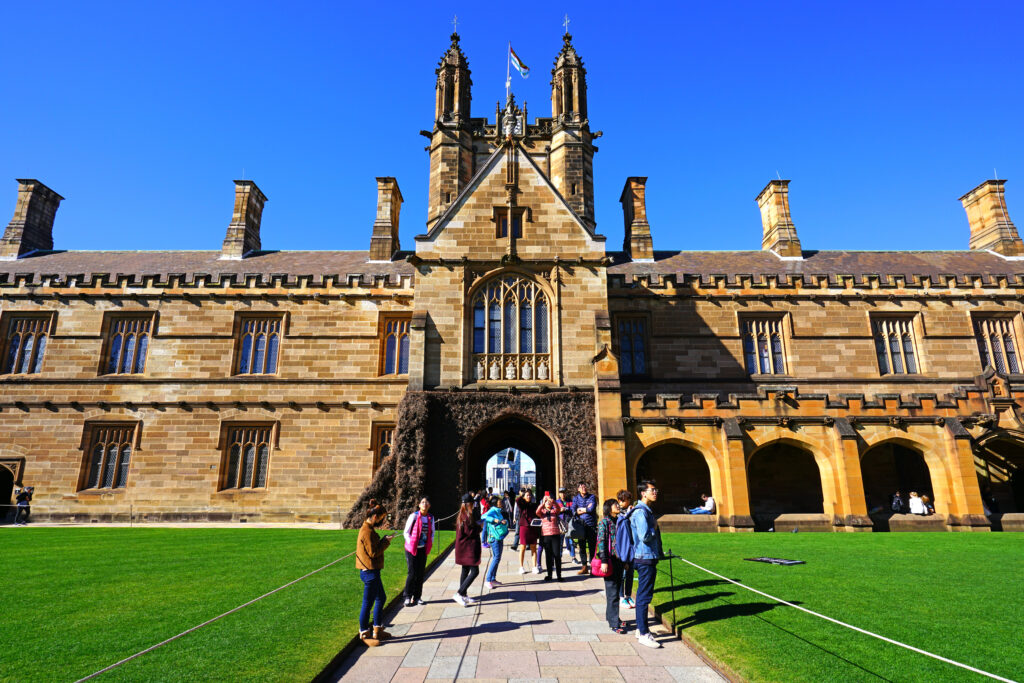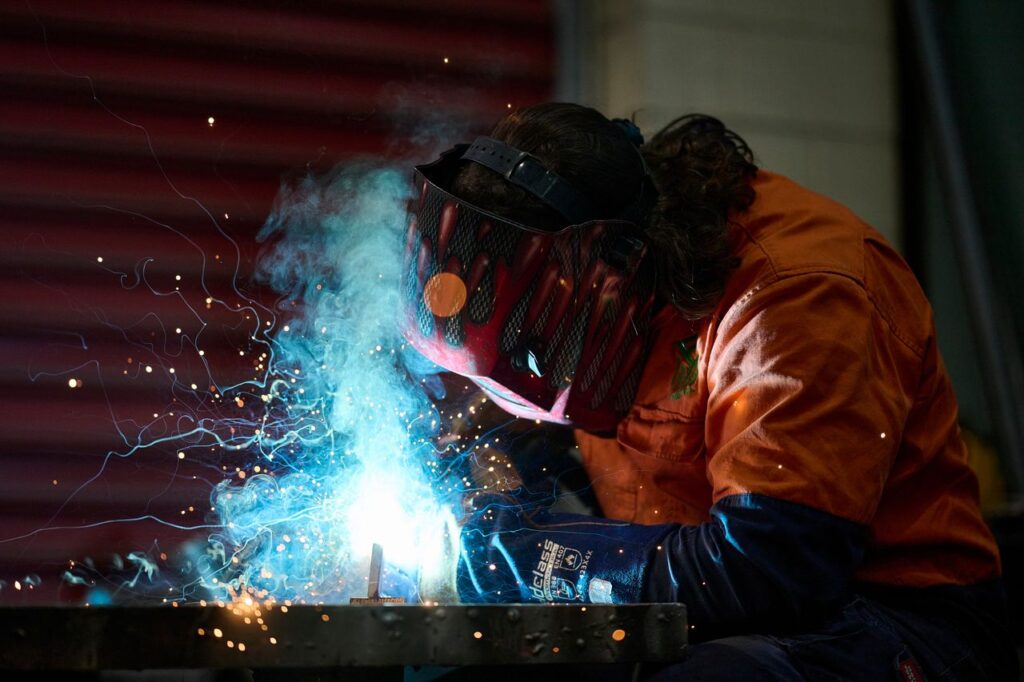*This article was updated 5 August 2022
You may have read a number of stories in the news this week regarding online cheating at Australian education providers and the involvement of international students.
Following the move to online education and assessments, research has found that university students believe academic cheating is now easier. With these findings in mind, it’s not entirely surprising that Australian education providers have reported a rise in cheating and other integrity violations. This has led to the emergence of a new industry targeting and capitalising on international students.
Here’s what you need to know about the uptick in online cheating, the risks of academic cheating and what to do if you’re struggling with your studies.
Plus: Share your thoughts on online cheating to be featured on Insider Guides!
Why am I hearing about it now?
Cheating on assignments and exams is a tale as old as time, but last week, the Australian Government’s Tertiary Education Quality and Standards Agency (TEQSA), released some eye-opening results from an investigation into online cheating. TEQSA, the regulator of Australia’s higher education institutions, sent education providers a list of more than 2,000 commercial cheating sites, 600 of which specifically target tertiary students in Australia.
Why are students cheating?
In the same story, an anonymous international student – who used the fake name of Ramesh for the interview – details the hardships of trying to balance work and study.
“I’m always late, you physically cannot do it, if you’re working all night, you cannot come to 9am class,” he said.
Ramesh borrowed $50,000 to pay for his university degree. This hefty price tag means that Ramesh can’t afford to fail. However, it also means he can’t afford to work less, particularly since international students aren’t eligible for governmental financial aid like Centrelink or the Higher Education Loan Program (HELP).
Managing the cost of living in Australia is a challenge many international students share, particularly because it has increased significantly in 2022. While studying internationally can present several challenges, cheating is an extremely risky pathway that carries severe consequences.
What happens if I get caught cheating?
If you are caught cheating while studying at an Australian tertiary institution, you will face serious implications. Each education provider has its own policies and procedures to penalise students who take part in cheating. In some cases, this can negatively impact your Student visa and therefore your ability to remain in Australia. It’s a good idea to familiarise yourself with your education provider’s academic integrity policies to better understand the rules and regulations in place.
TEQSA provides some valuable resources that can help you further understand the importance of academic integrity, the risks of academic cheating and how to avoid it.
What can I do if I’m struggling with my studies?
If you’re becoming overwhelmed with coursework, overcoming it is sometimes a matter of speaking up. Your education provider wants to see you succeed, which is why they offer a range of resources to help you do so. Speaking to tutors and/or course coordinators can help them understand your situation and identify support measures for you.
Alternatively, speaking to your peers or friends will likely alleviate some stress. In most cases, you’ll find that they are sharing the same struggles as you, which can help you feel less alone. Proofreading and organising study sessions outside of class is also a great way to hold each other accountable and bounce ideas off one another.
While it’s great to have extra flexibility, the temporary relaxation of working hours for Student visa holders may present challenges in maintaining your work-study balance. For example, you might feel pressured to work more hours and are therefore struggling to keep up with your coursework. In situations like this, try to set clear boundaries with your employer and make it clear that study is your priority. As a compromise, you can offer to pick up more work during academic breaks, particularly over the summer holidays or during seasonal peaks. For instance, over the Christmas season, the demand for workers increases. Getting a Christmas casual job means you can work during the break, with the role finishing as the academic year commences.
If you ever feel that your employer is being unreasonable (e.g. expecting you to work too many hours), refer to the Fair Work Ombudsman (FWO). The FWO is a government agency in place to help you understand your rights and protections when working in Australia.





